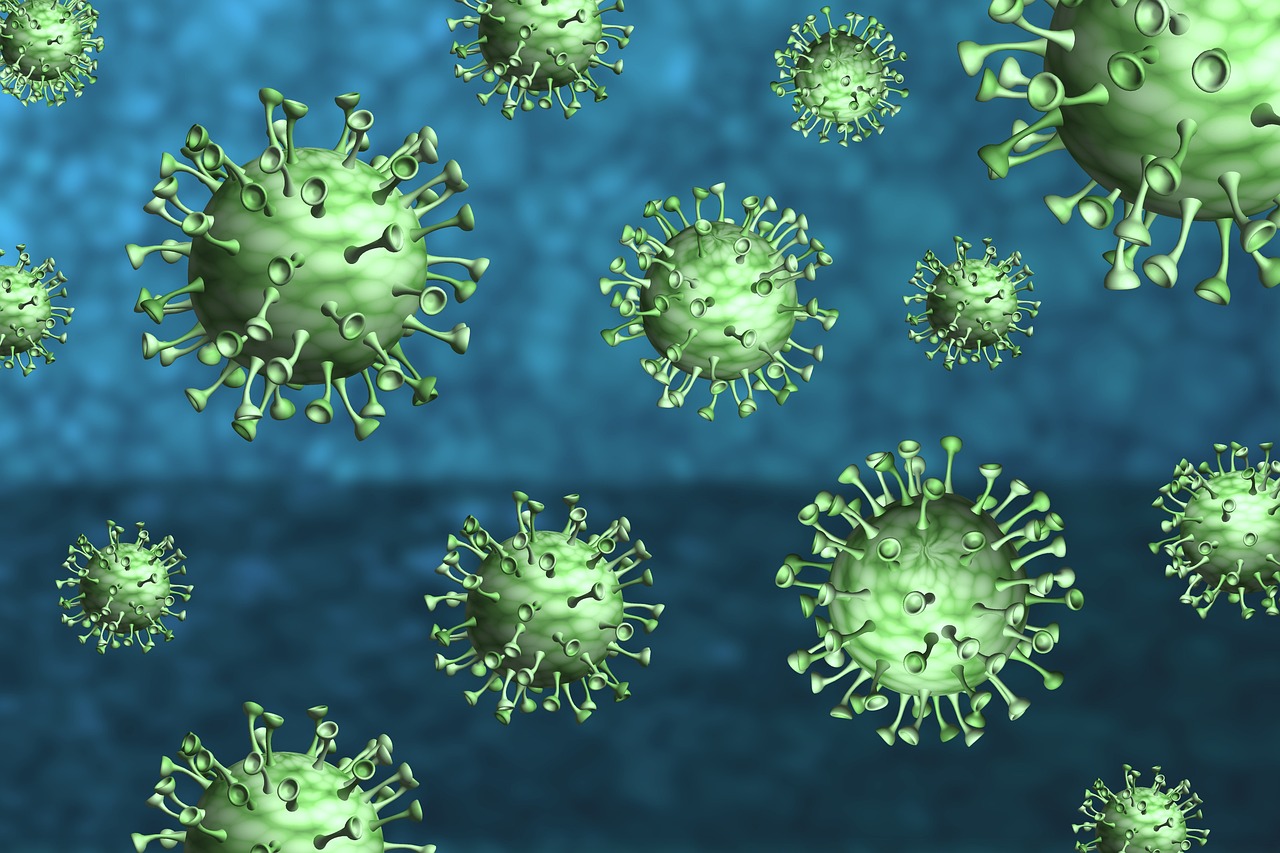The Impact of Air Quality on Respiratory Health
Clean air plays a crucial role in maintaining respiratory health. When the air we breathe is clean and free from pollutants, our lungs can function optimally in providing oxygen to the body and expelling carbon dioxide. Polluted air, on the other hand, can introduce harmful particles and gases into our respiratory system, leading to a range of health issues such as asthma, bronchitis, and even lung cancer.
Ensuring clean air quality is particularly important for vulnerable populations such as children, the elderly, and individuals with pre-existing respiratory conditions. For these groups, exposure to polluted air can exacerbate symptoms and increase the risk of developing serious respiratory illnesses. By prioritizing clean air initiatives and reducing air pollution levels, we can protect the respiratory health of individuals across all age groups and backgrounds.
Common Air Pollutants and Their Effects on Respiratory System
Air pollutants are substances in the air that can harm human health when inhaled. Some common air pollutants include particulate matter, which consists of tiny particles suspended in the air, and nitrogen dioxide, a gas produced by burning fuels. When these pollutants enter the respiratory system, they can irritate the lungs and airways, leading to symptoms such as coughing, wheezing, and shortness of breath. Prolonged exposure to these pollutants can also increase the risk of respiratory infections and exacerbate existing respiratory conditions like asthma and chronic obstructive pulmonary disease.
Another common air pollutant is ozone, a gas that forms when pollutants from vehicles and industrial sources react with sunlight. Ozone can cause inflammation in the airways and lungs, making it difficult to breathe, especially for individuals with asthma. Additionally, long-term exposure to ozone can reduce lung function and increase the likelihood of developing respiratory diseases. It is important to be aware of the effects of these common air pollutants on the respiratory system and take steps to reduce exposure through measures such as improving air quality and reducing emissions.
Relationship Between Air Quality and Respiratory Diseases
Air quality plays a crucial role in the maintenance of respiratory health. Poor air quality, characterized by high levels of pollutants such as particulate matter, ozone, and nitrogen dioxide, can have detrimental effects on the respiratory system. These pollutants can irritate the airways, leading to inflammation and increased susceptibility to respiratory infections and illnesses.
Furthermore, long-term exposure to pollutants in the air has been linked to the development and exacerbation of chronic respiratory conditions such as asthma, chronic obstructive pulmonary disease (COPD), and bronchitis. Individuals living in areas with poor air quality are at a higher risk of experiencing respiratory symptoms and complications. Therefore, improving air quality by reducing emissions and pollutants is essential in reducing the burden of respiratory diseases in the population.
How does air quality affect respiratory health?
Poor air quality can irritate the respiratory system, leading to symptoms such as coughing, wheezing, and shortness of breath. It can also exacerbate existing respiratory conditions such as asthma and chronic obstructive pulmonary disease (COPD).
What are some common air pollutants that can impact respiratory health?
Common air pollutants that can affect respiratory health include particulate matter, ozone, nitrogen dioxide, sulfur dioxide, and carbon monoxide. These pollutants can irritate the respiratory system and contribute to the development or worsening of respiratory diseases.
How does exposure to air pollutants contribute to the development of respiratory diseases?
Prolonged exposure to air pollutants can cause inflammation and damage to the respiratory system, making individuals more susceptible to respiratory diseases such as asthma, COPD, and respiratory infections. These pollutants can also worsen symptoms in individuals who already have existing respiratory conditions.
What steps can individuals take to protect their respiratory health from poor air quality?
To protect respiratory health from poor air quality, individuals can monitor air quality alerts and avoid outdoor activities on high pollution days. Using air purifiers indoors, keeping windows closed during high pollution periods, and wearing masks when necessary can also help reduce exposure to harmful pollutants. Regular exercise and maintaining a healthy lifestyle can also help support respiratory health.







